Chief Adviser Professor Dr Muhammad Yunus has embarked on an assertive and multidirectional foreign policy drive, shifting from the India-tilted approach of the previous ousted regime, engaging global leaders in what analysts call a "360-degree diplomacy" across continents.
International observers widely anticipated that any administration following the long-standing rule of ousted Sheikh Hasina would face considerable diplomatic challenges, particularly due to the entrenched India-focused foreign policy of her tenures.
However, Nobel Peace Laureate Professor Muhammad Yunus has thus far defied those anticipations, leveraging his global reputation and diplomatic acumen to manage a smooth transition and chart a more balanced foreign policy course.
Since assuming office in August 2024, he has intensified high-level diplomatic outreach through bilateral and multilateral engagements, aiming to reposition Bangladesh on the global stage amid a sensitive domestic transition and fast-evolving regional geopolitical dynamics.
As part of this broader diplomatic strategy, he is scheduled to depart early tomorrow for a four-day official visit to Japan that includes participation in the 30th Nikkei Forum and a bilateral meeting with Japanese Prime Minister Shigeru Ishiba.
Significantly, the Japan visit was confirmed prior to professor Yunus's recent crucial trip to China, an intentional sequencing that underscores his administration's commitment to balanced diplomacy amid a period of heightened global polarization.
In a geopolitical environment marked by rapid shifts and strategic recalibrations, Professor Yunus's foreign policy moves signal a deliberate effort to reposition Bangladesh as a constructive and independent actor on the international arena.
From Biden to Xi to Modi and from regional capitals to multilateral forums, his outreach has extended in all directions - east, west, north, and south - the 360 degree approach in terms of international politics that refers to a holistic and comprehensive approach to foreign policy.
Analysts say this multi-front diplomacy marks a strategic recalibration of Bangladesh's external engagement, seeking both traditional partnerships and emerging alliances to ensure national stability, economic recovery, and global credibility amid political transition.
First major diplomatic breakthrough
Professor Yunus's first key diplomatic success came when over a hundred Bangladeshi expatriates detained in the United Arab Emirates (UAE) for participating in protests-aligned with Bangladesh's student-led movement-were granted clemency.
Initially sentenced to lengthy prison terms by the UAE Federal Court, the detainees were released following a direct conversation between the Chief Adviser and UAE President Sheikh Mohammed bin Zayed Al Nahyan.
Foreign Affair Adviser Md Touhid Hossain termed the development as an extraordinary achievement, saying: "Such an incident is unprecedented."
He credited Professor Yunus's global stature and strategic diplomacy in clarifying that the protests were rooted in Bangladesh's domestic affairs and not aimed at any foreign government.
Meeting western leaders
Dr Yunus made his debut as a statesman in international arena joining the 79th United Nations General Assembly (UNGA) in New York in September 2024, where he held a significant meeting with then US president Joe Biden.
Their talks on the sidelines of the UNGA centered on strengthening Bangladesh ties with the world's biggest democracy, fostering democratic resilience, and enhancing trade and investment opportunities.
Dr Yunus's talks with Biden was followed by the meeting with his longtime friend former US president Bill Clinton at an event hosted by the Clinton Global Initiative, where both figures emphasized social entrepreneurship and inclusive development.
Continuing the momentum, the chief adviser attended 16 high-level events on a single day on September 26 taking Bangladesh's stake on a higher scale in international arena.
On that day he met the prime ministers of Pakistan, Canada, and Italy; presidents of Brazil and Mauritius; thepresident of the World Bank; the managing director of the IMF; and UN High Commissioner for Human Rights Volker Turk.
In his speech at the UNGA, the chief adviser made a clarion call urging the international community to engage with the "new Bangladesh", which aims to realise freedom and democracy for everyone.
Earlier this year Dr Yunus earned a confirmation of support for his administration from a major western nation when the British prime minister sent a high level delegation to Bangladesh.
The British mission conveyed UK's continued UK support for Bangladesh, reaffirming London's commitment to deepen economic and strategic ties with Dhaka, particularly in the post-Brexit context.



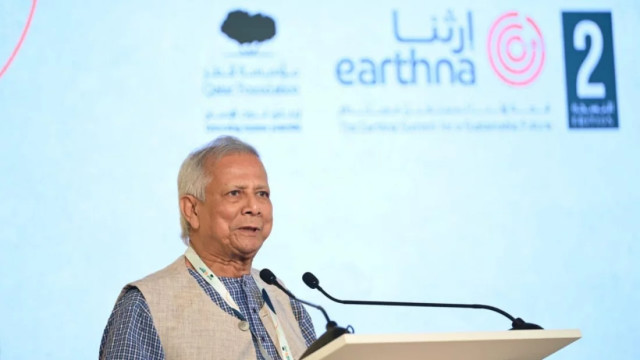
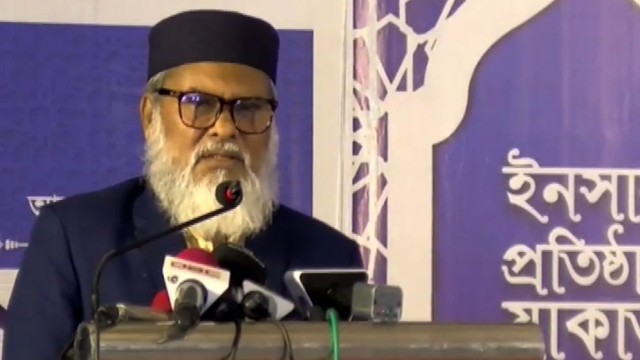

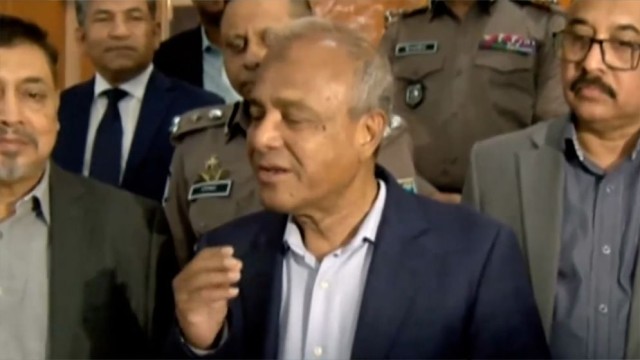
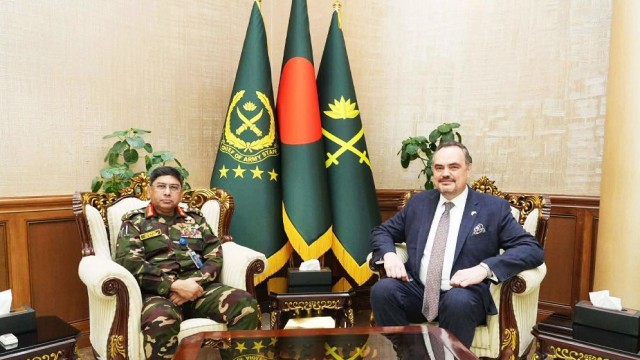
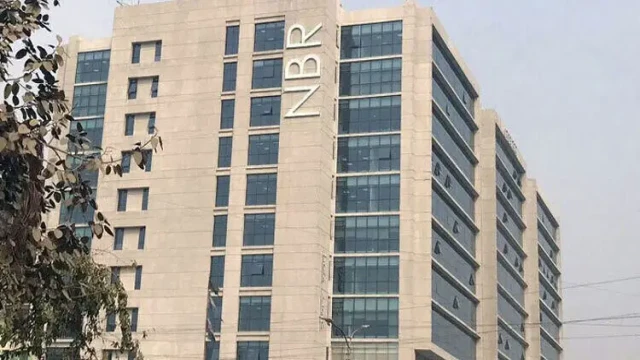
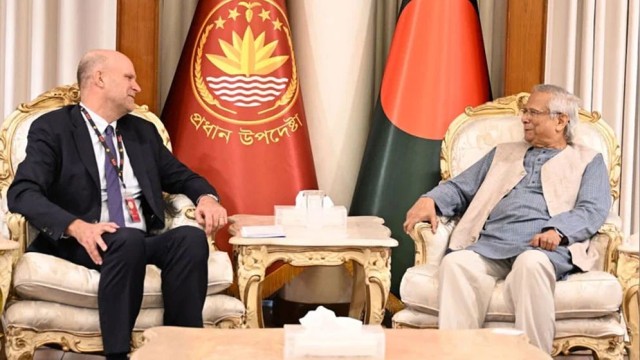


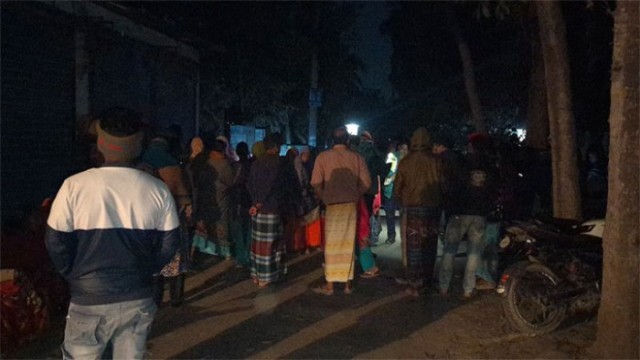
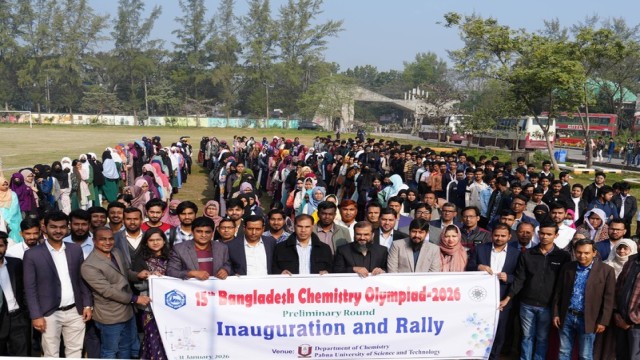



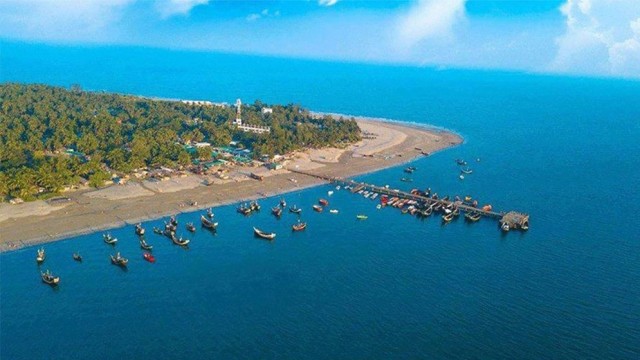
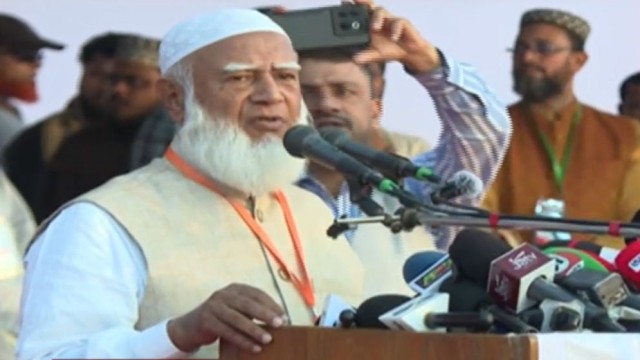
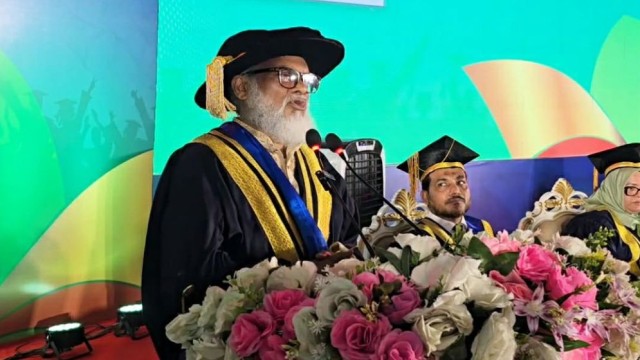




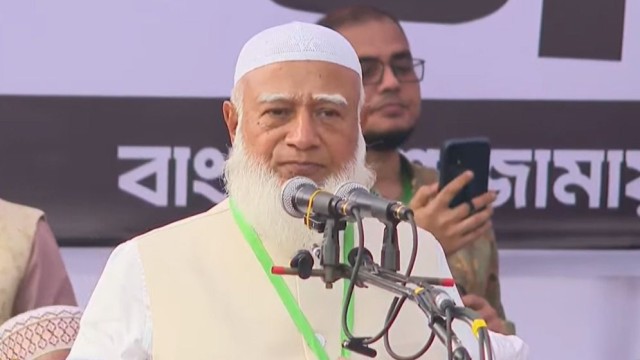
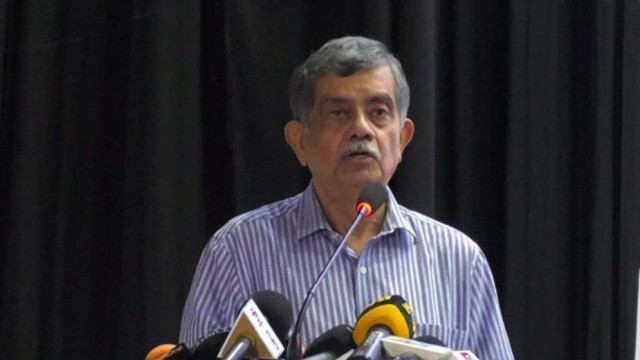
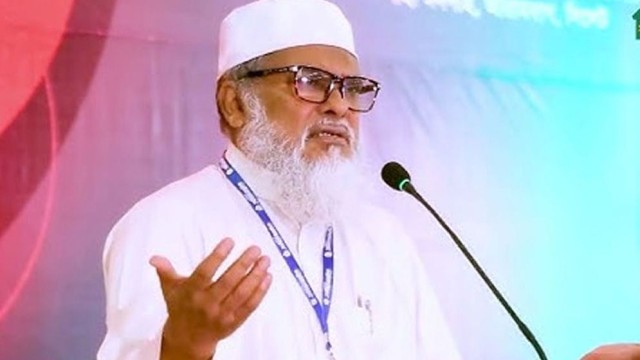
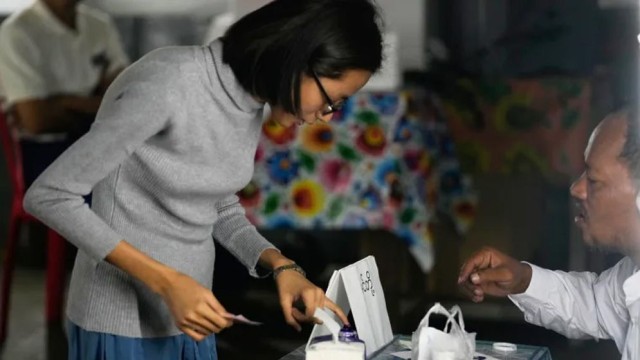
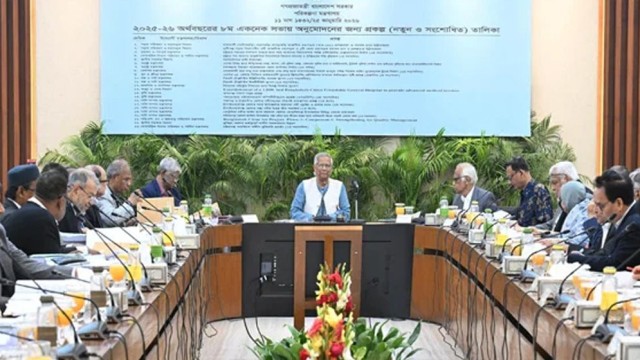

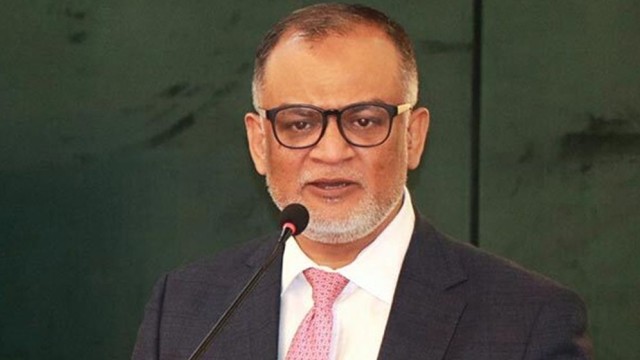
Comment: